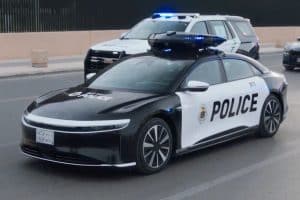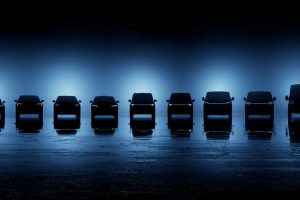Key Points
- 🚗 Florida Judge Reid Scott rules there is “reasonable evidence” that Tesla and Elon Musk were aware of a defective Autopilot system in their vehicles.
- ⚖️ The ruling allows a lawsuit over a fatal 2019 Autopilot crash to proceed to trial, with the plaintiff claiming damages against Tesla for alleged intentional misconduct and gross negligence.
- 🛑 Judge Scott notes evidence suggesting Tesla engaged in a marketing strategy portraying its products as autonomous and that Musk’s public comments had a significant impact on public perception of Autopilot capabilities.
- 📹 The judge highlights a 2016 video used for Autopilot marketing, stating it did not indicate the technology was aspirational and didn’t currently exist in the market.
- 📅 While the trial was initially set for October, it has been delayed, and Tesla has not issued a response to the judge’s findings as of now.
Florida Judge Reid Scott from the Circuit Court for Palm Beach County has ruled that there is “reasonable evidence” that Tesla and CEO Elon Musk had been aware that its vehicles had a defective Autopilot system, but they still allowed the company’s cars to be driven in an unsafe manner anyway.
In a ruling last week, Judge Scott noted that the plaintiff in a lawsuit over a fatal crash in 2019 could proceed to trial. With this, the plaintiff could claim damages against Tesla for alleged intentional misconduct and gross negligence. The suit was from the wife of Stephen Banner, whose Model 3 had struck an 18-wheeler truck while on Autopilot. Banner passed away due to the incident.
As per the Florida Judge, there is evidence that Tesla “engaged in a marketing strategy that painted the products as autonomous,” as noted in a Reuters report. He also noted that Musk’s public comments about Autopilot “had a significant effect on the belief about the capabilities of the products.” Scott also stated that the suit’s plaintiff should be able to argue that Tesla’s warnings were inadequate.
“It would be reasonable to conclude that the Defendant Tesla through its CEO and engineers was acutely aware of the problem with the ‘Autopilot’ failing to detect cross traffic,” Judge Scott wrote.
Judge Scott also noted that a 2016 video showing what appears to be a Tesla driving without human intervention was used to market Autopilot’s capabilities. At the start of the video, Tesla noted that the person in the driver’s seat was only there for legal reasons. But as per Judge Scott, what the electric vehicle maker did not mention then was that the video was actually aspirational.
“Absent from this video is any indication that the video is aspirational or that this technology doesn’t currently exist in the market,” Judge Scott wrote.
A trial for the case had been set for October, but it had been delayed. A new date has not been announced. Tesla, for its part, has also not issued a response about the Judge’s findings as of yet.





